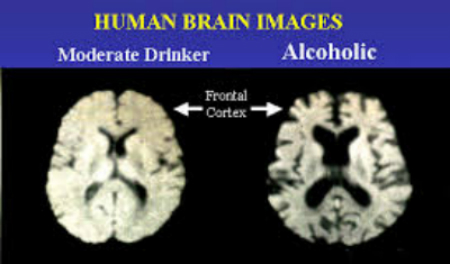The actress Mae West once said, “Too much of a good thing is wonderful!” Unfortunately, in reality, most of the decadent indulgences we pursue — including alcohol and rich foods — are not at all good for us, especially when taken in large quantities.
Now, a new study suggests that indulging in too much sleep and inactivity are also unhealthy. Researchers found that people who spend most of the day sitting and sleeping too much may be as likely to die early as people who smoke or drink too much.
The Sax Institute’s “45 and Up” study included more than 230,000 people in Australia ages 45 and older. For each participant, the researchers counted how many unhealthy behaviors he or she engaged in, including smoking, drinking alcohol, eating unhealthy foods, being physical inactive, exhibiting sedentary behaviors and sleeping too much (which the researchers defined as more than 9 hours per night)
About 30 percent of the participants reported engaging in two or three of the behaviors. After six years, nearly 16,000 people in the study had died.
The researchers found that people who were not physically active were 1.6 times more likely to die than those who were physically active (defined by the study as “undertaking more than 150 minutes of moderate-to-vigorous physical activity every week.”)
But the study also showed that the combination of physical inactivity with sedentary behavior, or physical inactivity with too much sleep, were as strongly linked to mortality among the participants as the combination of smoking with heavy drinking.
“Physical inactivity alone had a strong association with mortality,” Melody Ding, lead author on the study and senior research fellow at the Sydney School of Public Health, University of Sydney, told Live Science in an email.
And when people combined physical inactivity with long sleep times and extended periods of sitting, the negative effects were even more dramatic, with the combined risk for death increasing by up to four times as much as in those who were sedentary and slept too much, but at least got some exercise, Ding explained.
The researchers noted they did not incorporate other long-term lifestyle practices or conditions that might have played a part in increasing some participants’ mortality risks. And the participants’ interpretations of their own behaviors and its health impacts could have been faulty, skewing the study’s results.
While the study’s conclusion that healthier behaviors could reduce mortality risk seems like an obvious one, linking risky behaviors together could present new strategies for prolonging life.
“Physical activity is the one factor to address first,” Ding said. If certain combinations of risk behaviors pose more of a threat than risk behaviors on their own, eliminating even one of them is a good choice for overall health.
Source: Foxnews









 Do some bedtime snacks help you sleep better? Perhaps not.
Do some bedtime snacks help you sleep better? Perhaps not.
